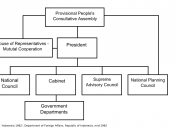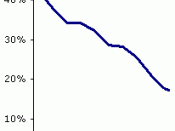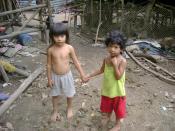Many people argue that poverty and democracy cannot coexist. Carolina Maria de Jesus, the author of "Child of the Dark", offers many arguments that support and challenge this statement. She makes it clear that hunger, extreme poverty, inequality, and corrupt government officials make it hard for her to support Brazil's democratic state. At the same time, she makes very clear points to take political participation to her full advantage. Carolina uses her diary to show politicians her perspective of what life was like in the favelados of Brazil during the 1950's.
In many ways, this books supports the idea that democracy cannot coexist with severe poverty and inequality. One of the motives to detour those in poverty from democracy is hunger. Hunger is a major theme of the book and it is a word very frequently used by Carolina. She commented that, "On May 13, 1958 I fought against the real slavery----hunger!" (23).
A few weeks later, Carolina had a dream where she dreamt of eating steak, bread and butter, friend potatoes, and salad (31). All of these items that we see as everyday commodities were something that she had to dream of to taste. She also used the following analogy to show her hardship, "The children eat a lot of bread. They like soft bread but when they don't have it, they eat hard bread. Hard is the bread that we eat. Hard is the bed on which we sleep. Hard is the life of the favelado" (33). Carolina thinks of today, not next week. When exposed to such tremendous poverty, neither Carolina nor anyone else can afford to do anything, but think about how to find food that day. This theme of hunger shows how Carolina and others could, but does not look to communism or other...


